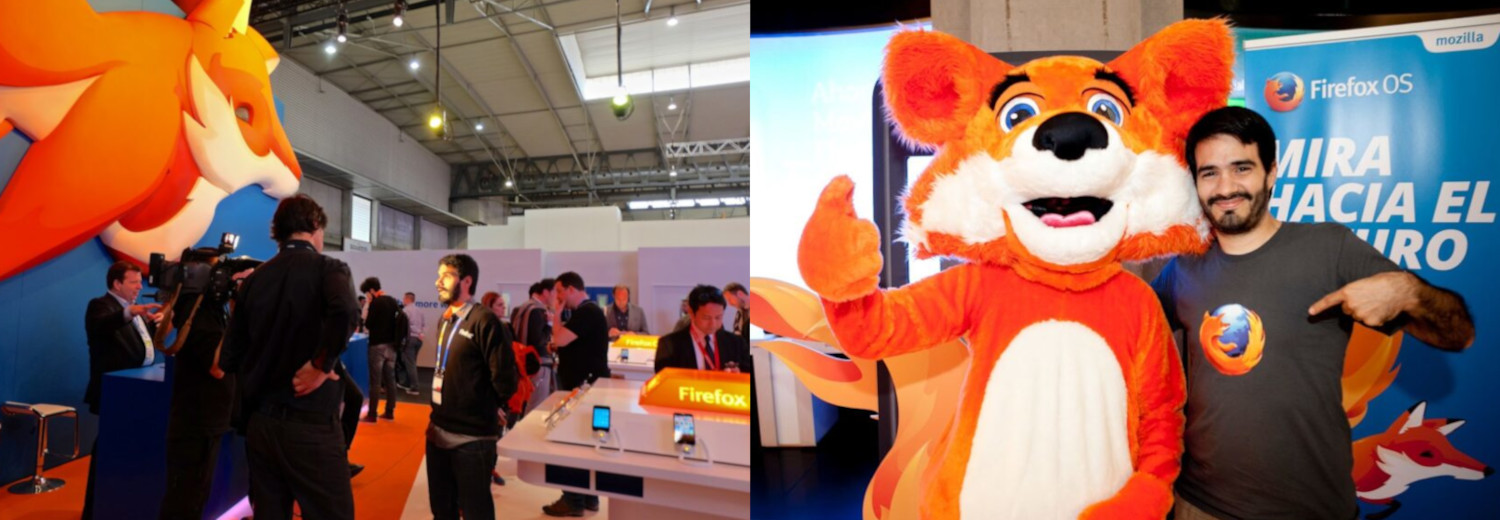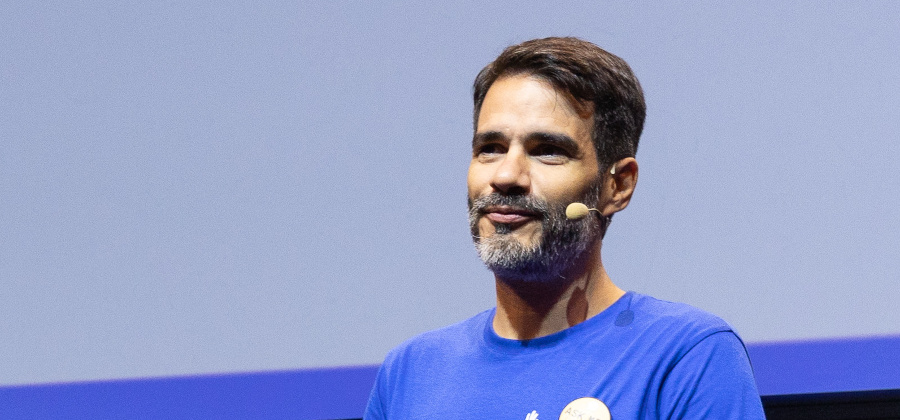Today we’re excited to share some big news with you all: OpenNebula has a new Open Source Community Manager! 🎉 This role is absolutely critical to our mission of fostering and growing a robust, engaging, and collaborative OpenNebula community. So, please, join us in extending a warm welcome to the newest member of the OpenNebula Team! 👏
How did you first become interested in open source technology and community management?
I started contributing to open source back in 2003, mainly through the Mozilla community. Then I started to co-organize some meetups and events around Firefox and Mozilla, collaborating also with other open source projects like Gnome and Open Office. Then, in 2007, I helped to finally launch the Mozilla Hispano community and stayed in charge of events and other community management tasks.
We managed to create a vibrant community that included members in Spain and also in several Latin American countries, so we started to create synergies and activities together, thanks to the common language. We even organized a Summit in Lima, Peru, and another in Madrid. I am quite proud that we managed to do that using only open source tools.
In 2014, Mozilla hired me to start improving the organization and coordination of community events, and although my focus was on documentation and support to members of the community, my job evolved very quickly into community management, including tasks like mentoring and dealing with conflict resolution, so it was a very interesting experience!

What kind of projects have you been involved in?
The biggest one was Firefox OS, at the beginning as a community member, and then as a member of the Mozilla Foundation staff. We started to organize hackathons, and then several other community actions around this project, including local meetups, presentations in big conferences, etc. I used to demo the Mobile Operating System and organize hackathons for developers. I also participated a couple of times at the Mobile World Congress in Barcelona.
Another project I cherish was the Community Gatherings, where we organized community-only events to align people around Mozilla activities. We ran very successful events in places like Berlin, Casablanca, and Singapore.
What do you believe makes a strong and engaging open source community?
I think people need to feel welcomed and appreciated, first of all. If volunteers don’t feel their voice is heard, they won’t participate in the same way. Usually, open source communities go beyond the project itself, and the human connection is a huge factor when consolidating these communities. The sense of belonging and participation is completely different when you run other types of communities.
A strong and engaging community needs to be open for everyone, listen to its members, and make them feel part of something bigger, building ways for everyone interested in the project to find its place and learn how to contribute in those aspects that they deem more interesting.
What attracted you the most about the OpenNebula project?
First of all, the fact that OpenNebula is a unique piece of open source software, with a vibrant community of contributors, partners, and users, but also with a sustainable business model and a strong commitment to open source innovation. On the other hand, OpenNebula is a cloud and edge computing technology that is right now at the centre of some of the deepest transformations that companies and public agencies from around the world are experiencing since the emergence of the cloud paradigm.
Companies of all sizes are now demanding vendor-neutral, open technologies for them to be able to leverage the power of the cloud and the edge, but making sure that they protect their sovereignty, data privacy, and business continuity. That is exactly what OpenNebula was designed for. For me, it is really exciting to join the quiet revolution that is taking place in many sectors, as they realize that only open source technologies can help them take back control of their critical infrastructures—on premise, on the cloud, or at the edge 💪




0 Comments